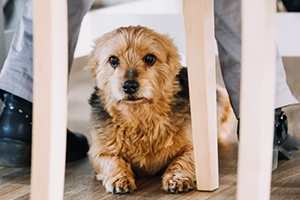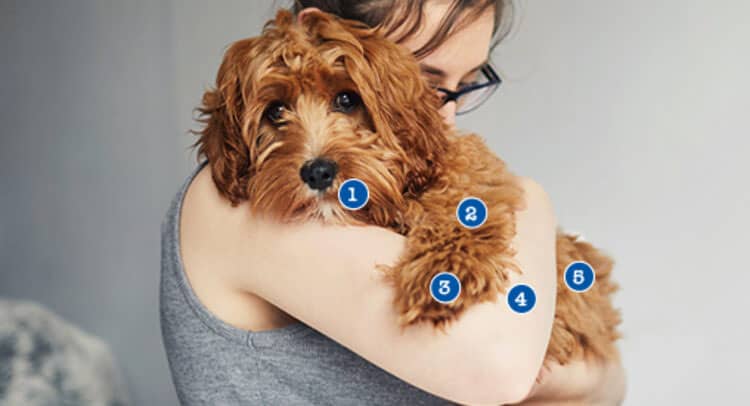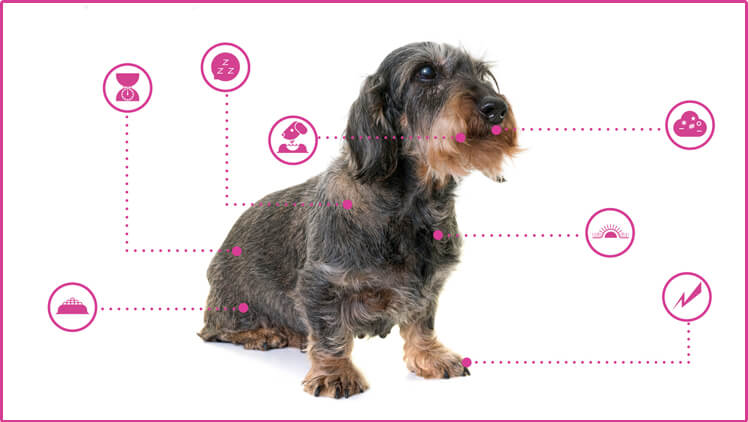As I’m sure your vet would have advised, there’s no cure for arthritis but there are lots of ways in which dogs with the condition can be made more comfortable.
Non-steroidal anti-inflammatory drugs (NSAIDS) are the most effective and generally safest. They were specially developed to be safe for use in dogs, but if they’re being used over the long term, your vet will need to monitor your pet’s kidney function. Other medicines include high-quality glucosamine and chondroitin supplements, which help protect cartilage (the flexible, connective tissue in joints). Acupuncture and therapeutic laser therapies have also been found to be successful in animals suffering from arthritis, and joint replacement surgery is now available for young dogs with hip dysplasia that are in constant pain despite medication.
There are also some practical steps you can take to help make life for your arthritic dog more comfortable, such as adapting your home. Finally, maintaining a healthy weight is also important because any extra pounds will increase the strain on an animal’s joints. Arthritic dogs move less and are unlikely to burn off extra calories, so for them weight management almost always requires a change of diet. Speak to your vet or an animal nutritionist for tips on how to do so.

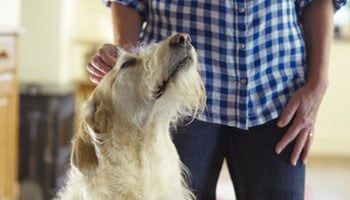

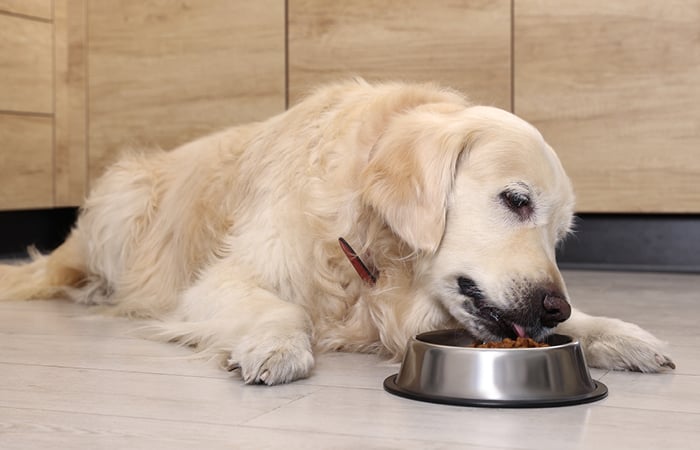
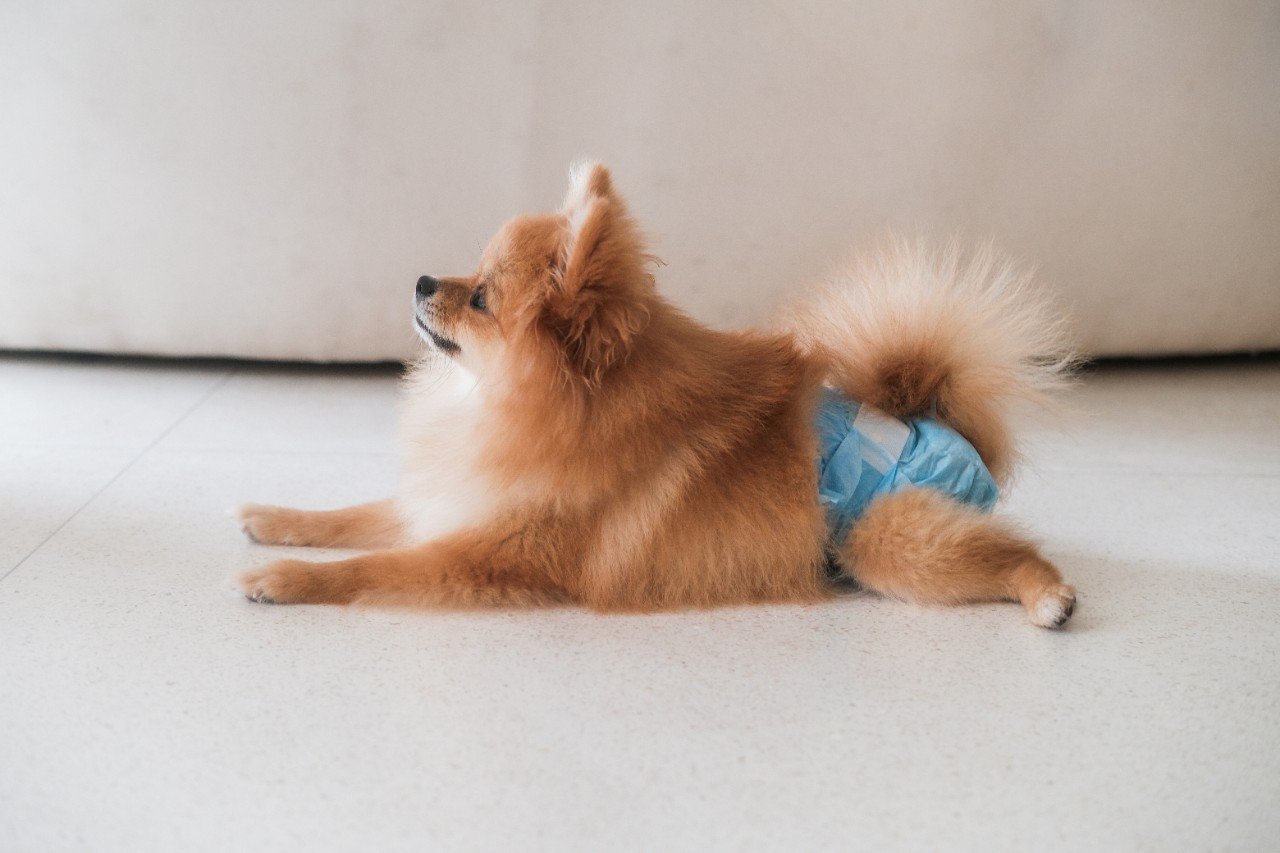
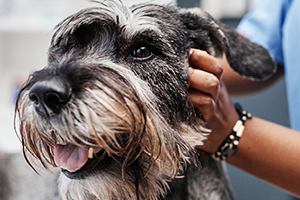




.png)


